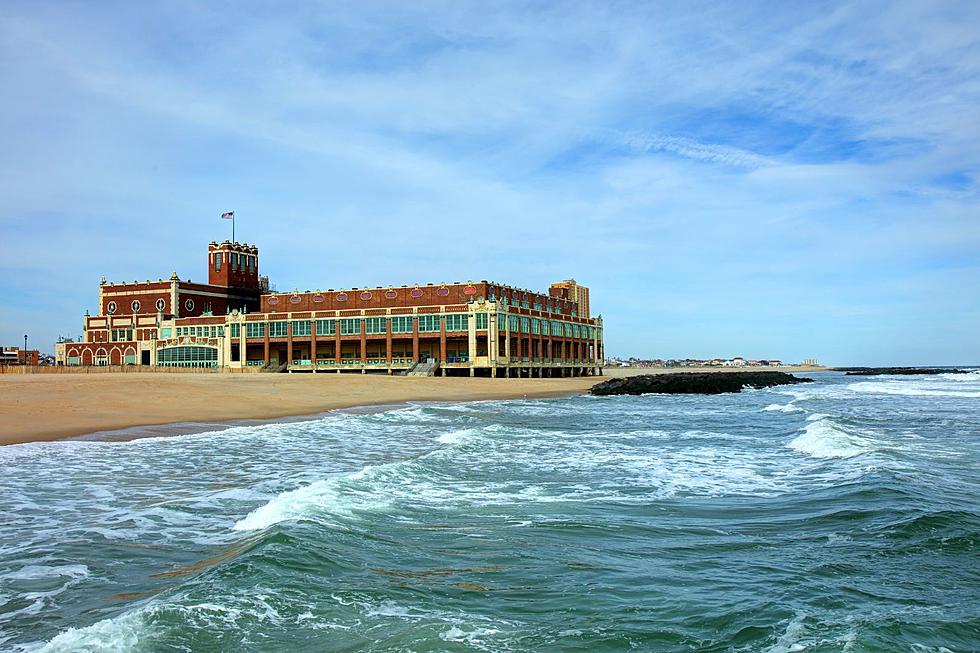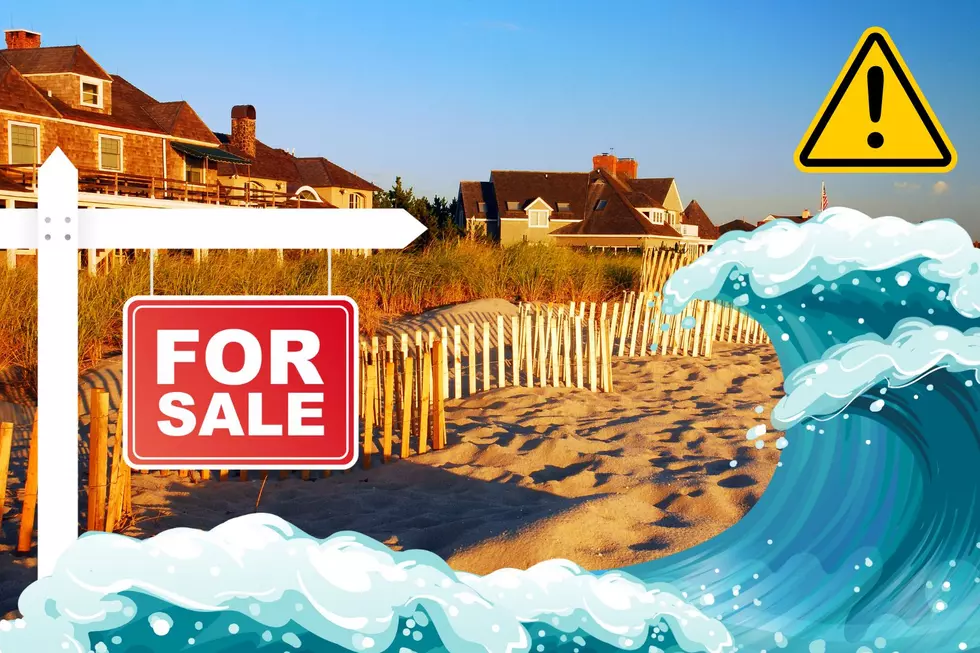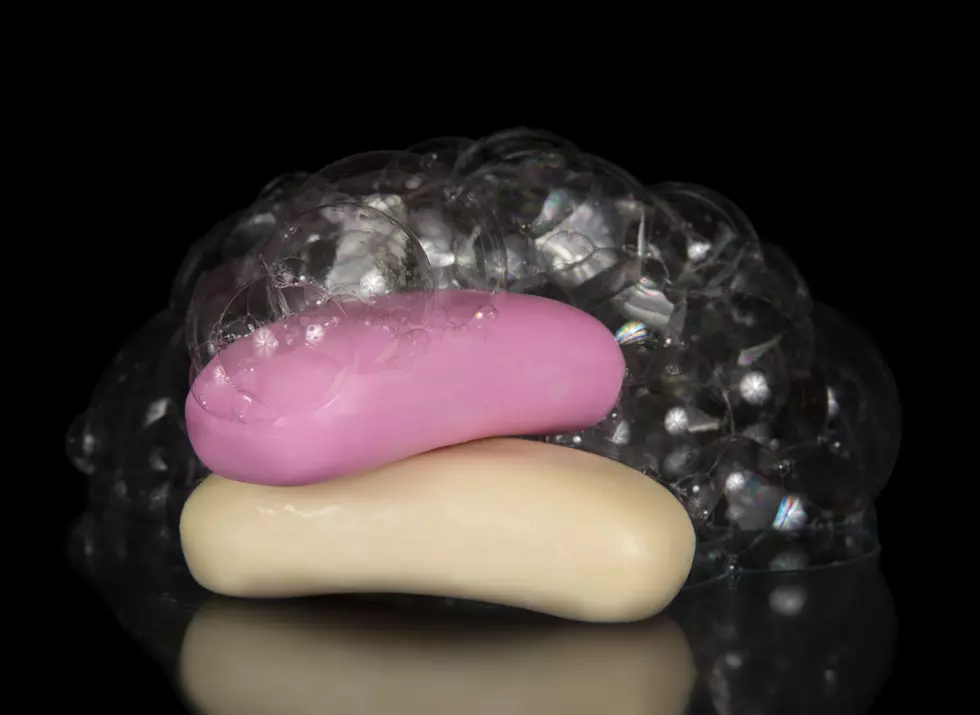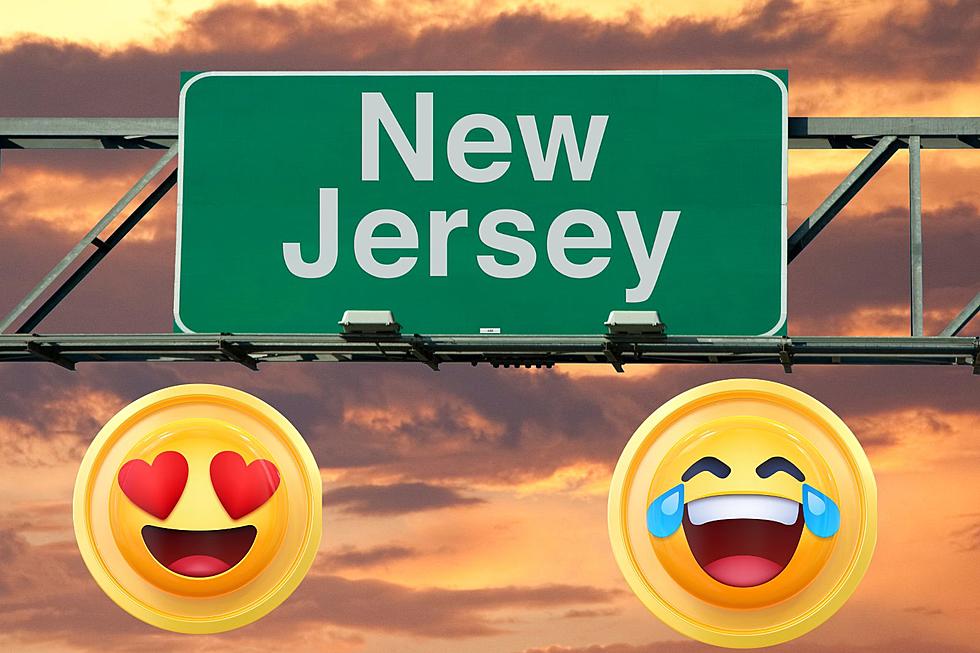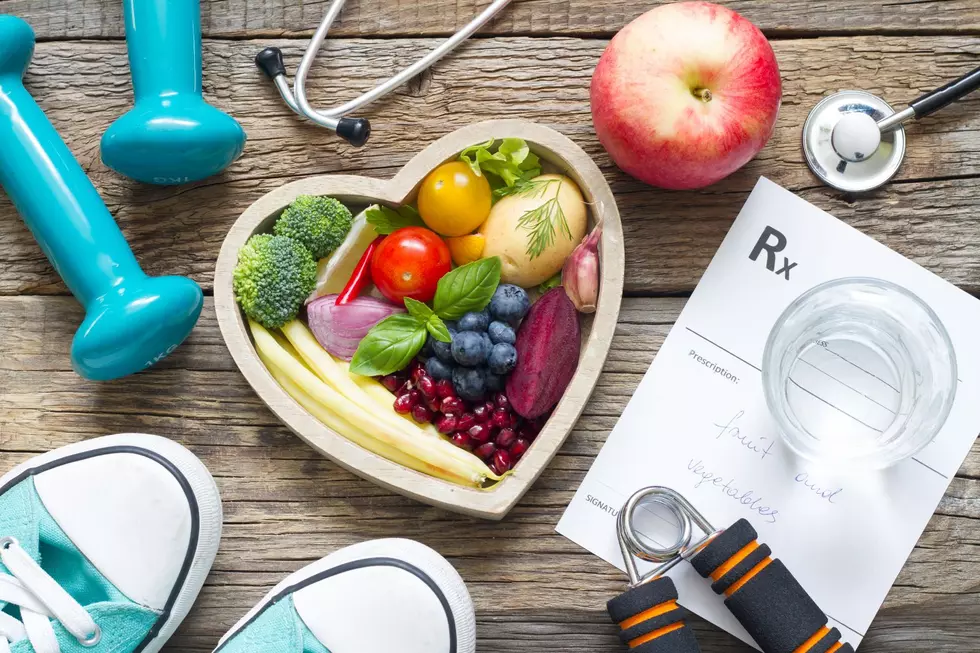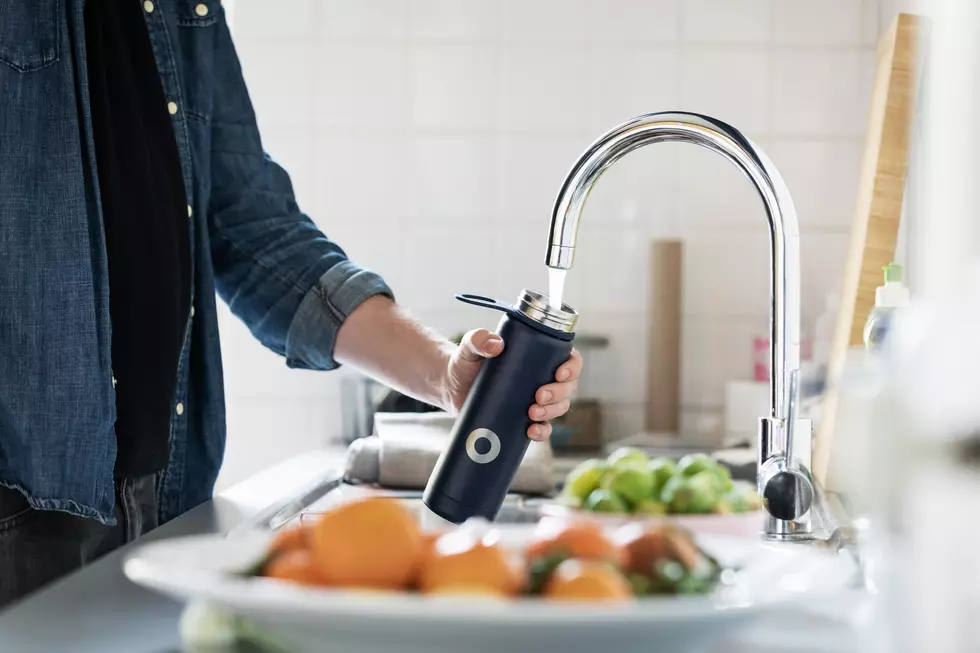
Is NJ water safe to drink? Here’s Spadea’s plan to clean it up
It's a question raised by environmental groups increased over the past few years. The question is what is in the water that has them questioning.
Many have raised concerns about plastic in drinking water. One group showed the rise of "microplastics" in the water, specifically the Raritan River.
The challenge is that groups like the Raritan Headwater Association is that they use findings to push for legislation that may actually make the problem worse.
One of the go-to, knee-jerk reactions for environmental watchdog groups is a ban on so-called single-use plastic bags. The problem is that as a percentage of what ends up in our waterways, it's nearly impossible to measure and is likely an infinitesimal number.
The reason? Plastic is in just about every modern convenience we are accustomed to using in our daily routines.
Plastic wraps the food you buy at the store. Garbage bags, which are thicker and take up much more space in landfills, are used at an increasing rate when plastic shopping bags are banned.
The problem of plastic being a part of so many products means that a ban is unrealistic and quite useless.
As I've written many times, instead of focusing on bans, use the resources we have and vigorously enforce measures that curb pollution.
We should be embracing landfills and running toward the modern technology of turning methane from landfills into energy for homes. This containment of potential water pollution and recycling of gasses into electricity.
It's happening right now in Texas by industry leader Waste Management.
Imagine if we had a culture that looked at the fact that we've got 62 years of landfill space available currently in the U.S. and pushed to spread modern technology turning trash into clean-burning natural gas.
Unless we're banning ALL plastic, which is unrealistic without compromising our medical system and food delivery, we had better solve the problem of plastic in our water another way.
Did you know that medical devices used in our hospitals and doctors' offices produce an estimated 3,500 tons of plastic waste PER DAY? I'm concerned about solutions that are fake.
Banning single-use bags is not a solution at all. Selective banning of a small portion of plastic leads to increases in other plastic use and we're right back where we started. They are only proposed because the bags are low-hanging fruit for ignorant radicals.
They won't address the real problem that plastic is EVERYWHERE and you can't change that without upending our entire economy. So you suffer without the convenience of a bag, the water is still contaminated and our costs continue to rise.
For my family, we now order water from out of state in glass bottles. We treat tap water as you would in a place like Mexico — shower, OK; boil for cooking, OK. But for drinking water, no way.
This is not a long-term solution. People have a right to have clean water as taxpaying Americans without having to spend more of their hard-earned dollars.
Glass-bottle water delivery is not an option for so many families struggling to make ends meet. We have to solve this as an infrastructure problem.
We talk an awful lot about our infrastructure in New Jersey. Transportation, energy, AND water. Look at the disaster in Newark over the past few years. The water contained high amounts of lead and we had a push to bring in bottled water for the school kids.
Replacing the pipes is expensive and doesn't address the overall problem.
We need to address the problem in our drinking water as a three-step solution.
First, implement the technology that exists to clean up drinking water at the treatment plants before it enters the pipes in your neighborhood. Reverse osmosis is a technology that exists for individual homes and could be used on a larger scale.
Second, spend the money to replace the pipes and upgrade the delivery system in neighborhoods and homes. Offer tax incentives on water delivery instead of solar and actually solve an immediate problem.
Third, bring in companies like Waste Management and convert our current landfills to energy producers for local towns. Let's lower energy costs, make our landfills productive and invest our resources into a true, clean energy and water plan.
The post above reflects the thoughts and observations of New Jersey 101.5 talk show host Bill Spadea. Any opinions expressed are Bill's own. Bill Spadea is on the air weekdays from 6 to 10 a.m., talkin’ Jersey, taking your calls at 1-800-283-1015.
Click here to contact an editor about feedback or a correction for this story.
10 years later — Sandy makes landfall in New Jersey
States with the most registered hunters
More From New Jersey 101.5 FM
